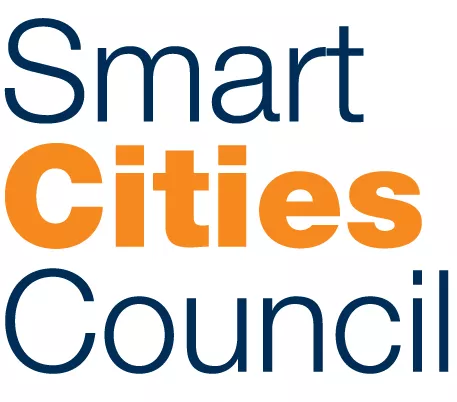
AUSTIN (May 1, 2017) ― As one of five U.S. cities winning Smart Cities Council Challenge Grants, the City of Austin made progress on its pledge to take on tough challenges to improve lives of disadvantaged residents during a full-day Readiness Workshop on April 18.
Hosted by the Smart Cities Council, the industry coalition advancing smart city development and innovation, the workshop brought together city leaders, staff and key stakeholders from the Austin community. It was designed to forge strategies for developing affordable housing, improving mobility and sparking economic development for population groups that have traditionally been under-served.
Those issues – brought on in part by the city's rapid growth -- were identified in Austin's application for a Challenge Grant. The workshop provided a forum to explore ways to use technology to benefit populations that are often left behind.
“As great as our city is, it’s not equally great for everyone in all ways,” said Jay Boisseau, founder of Austin CityUP, a nonprofit consortium that works to advance Austin through digital technologies, data collection, analytics and modeling. “There are things that we can do to make it better for many people.”
Earlier the Austin City Council called for a smart cities blueprint, which participants at the Readiness Challenge Grant Workshop helped shape – from suggesting data-driven strategies to help more people find affordable housing to making Austin government more responsive to the needs of those who need help but rarely take part in traditional forms of civic engagement.
“There are lots of cities that have an element of shiny-penny technology embedded in that city, but Austin is trying to use technology across to those who are usually last in line for the next big thing,” Mayor Steve Adler said. “That is what a smart city is; it’s what we’re shooting for in Austin.”
City Data Architect Ted Lehr noted that when cities focus on deploying technology, they usually focus on “people like us” -- professionals with good jobs. He said Austin must find ways to reach those who aren’t usually reached.
To that issue, workshop participants suggested setting up kiosks in neighborhood meeting places that would provide information and gather feedback through polls and surveys. Others encouraged the city to develop communication strategies with a variety of personas in mind, recognizing that a one-size-fits-all strategy doesn’t reach everyone.
Going forward, as Austin advances its smart city blueprint it, will receive continuing support, services and products from Council member companies and advisors including Ameresco, AT&T, CH2M, CompTIA, Dow Building and Construction, IDC, Qualcomm, Sensus, Telit, TM Forum and Transdev.
"It was a great honor to kick off the 2017 Readiness Challenge Grant workshops in Austin with tremendous support from the city and Austin CityUP,” Smart Cities Council Chief Scientist Stuart Cowan said. “Austin is a smart city that also cares deeply about social equity, regional culture and sustainability."
###
About Smart Cities Challenge Grants
In 2016, the Council launched its first Challenge Grant. It was sponsored by the White House as part of its Smart Cities initiative. About 175 cities started the application process and over 40 completed the application. In addition to Austin, the winning cities included Indianapolis, Miami, Orlando and Philadelphia. The Council will be working with the winning cities throughout 2017. The 2018 Challenge Grant program will launch this fall during Smart Cities Week in Washington, D.C.
About Smart Cities Council
The Smart Cities Council is comprised of the foremost experts and leading global companies in the smart technologies sector, who serve as advisors and resources. Its goal is to accelerate the growth of smart cities worldwide by providing city leaders with access to technology counsel, financial tools, policy frameworks, visibility campaigns, and advocacy. For more information, visit www.smartcitiescouncil.com.



